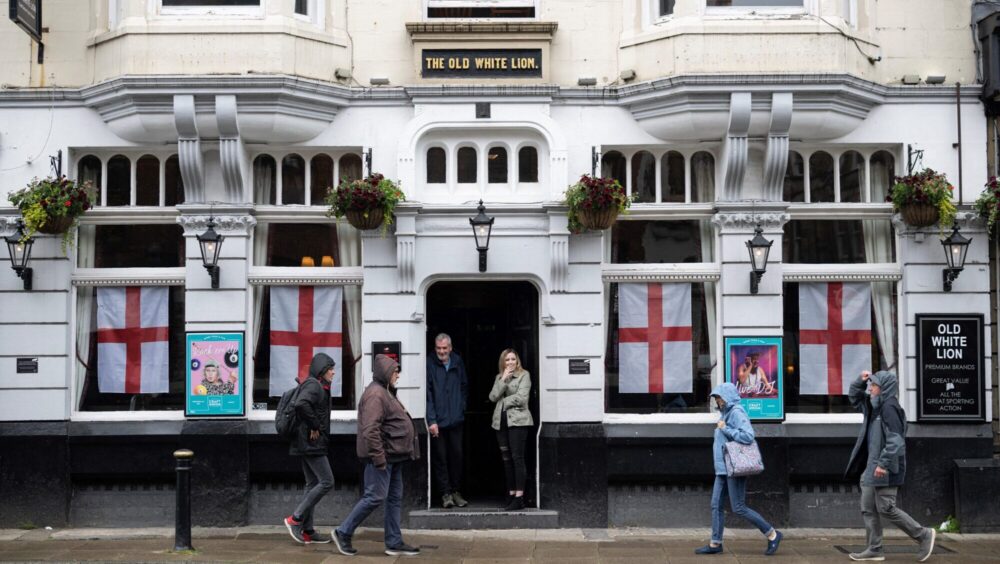
Oli SCARFF / AFP
Conversations overheard by bar staff could be classified as harassment by ‘third parties,’ according to recent reports—prompting fears that it could be last orders for discussing controversial topics in pubs.
Labour’s proposed changes to employment laws include a ‘workers’ rights’ component, supposedly designed to prevent employees from being within earshot of customers’ controversial or offensive talk.
Under the new proposals, ministers would require employers to protect their staff from harassment (already a criminal offence under existing laws) by customers or clients. Britain’s Equality and Human Rights Commission has warned that the new rules could “disproportionately curtail” freedom of expression and even cover “overheard conversations”. Classifying political debate as a type of harassment by customers raised “complex questions,” the commission said.
However, an earlier legal ruling protects “the expression of an opinion that may amount to a philosophical belief under the Equality Act 2010 and therefore attract protection from discrimination.”
When discussing current affairs, will future pub patrons be guilty of harassment or merely expressing a philosophical belief?
Pub landlords, wary of potential legal trouble with staff, will probably take a cautious route, warning or banning drinkers who they think might be expressing the wrong opinions. Last year, the Southern Belle pub in East Sussex did just this, without needing an ambiguous new law to justify its authoritarianism.
Penalties might start off retroactively, with pub owners kicking out anyone they think is being “offensive,” to avoid staff suing them for not stopping harassment. This application of landlords’ ‘right to refuse admission’ (ROAR) would likely extend to permanently banning guests feared to express the ‘wrong’ opinions from the premises—in a further blow to a trade that struggles already, due to the smoking ban, competition from supermarkets, hyperregulation of live music, and historic COVID-19 restrictions.
According to UK Hospitality chief executive Kate Nicholls
These are complex legal issues, which employers are not equipped to navigate and could impose disproportionate restrictions. We agree with the EHRC’s concerns and we don’t believe that the burden of policing these issues should fall upon employers.
Likewise, a statement to The Times from the British Beer and Pub Association said:
Any legislation must be carefully drafted to make sure it does not have unintended consequences, such as pub workers expected to decide whether private conversations between customers constitute a violation of law.
Despite (the myth of) an informal British etiquette about not discussing politics or religion, such activity does take place in public houses. It would be a disaster to lose this space under restrictive government legislation.
